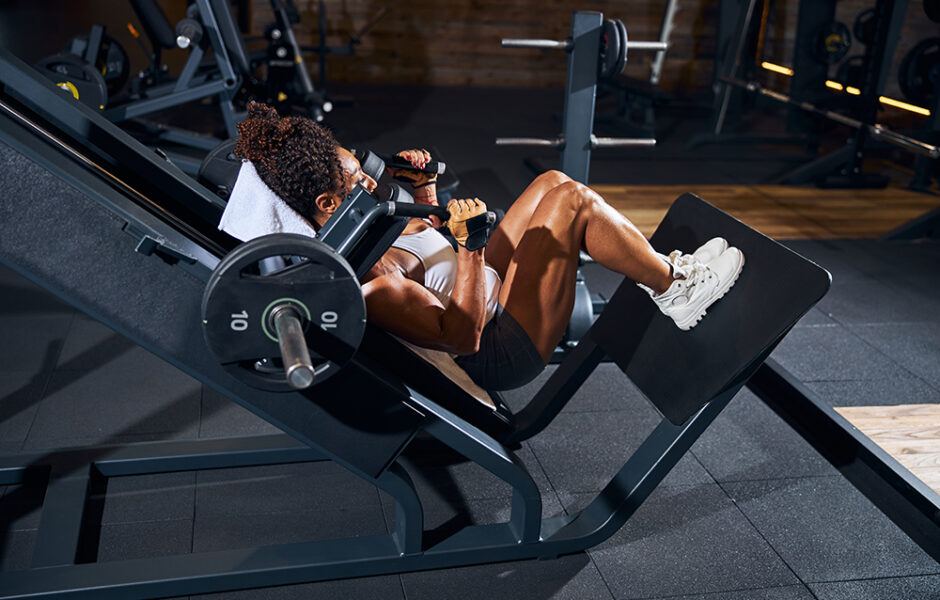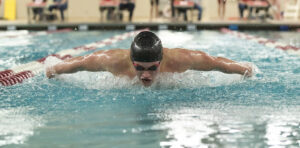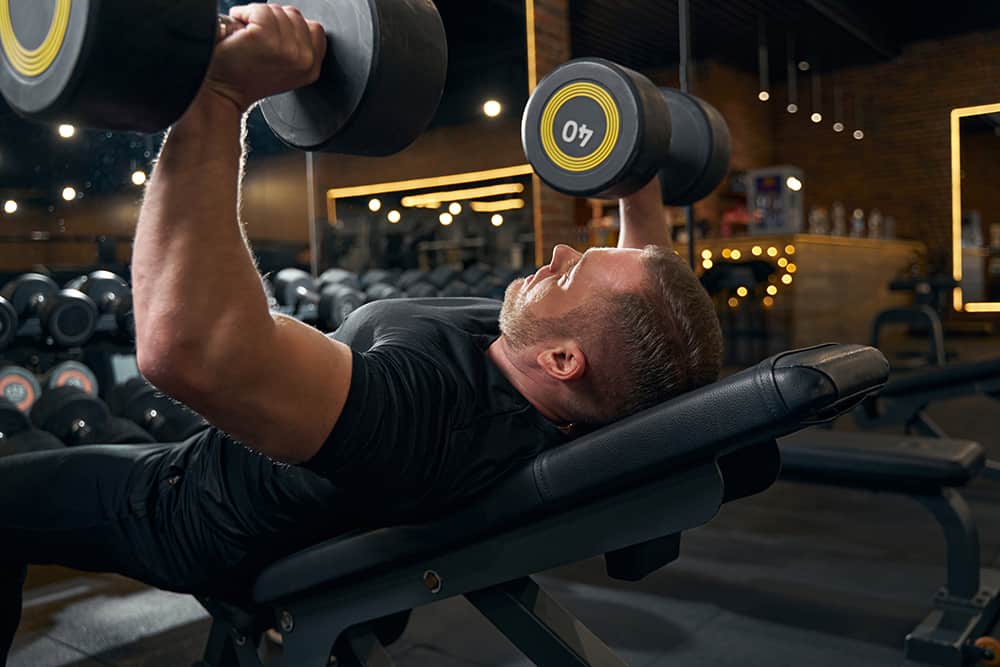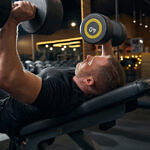IS WEIGHT TRAINING FOR SWIMMING EFFECTIVE?

There’s a Limit to the Effectiveness of Swimming Alone
Everyone knows that if you want to get better at swimming, you need to swim more. However, if you’re a professional swimmer with competitions on the line, swimming itself will only take you so far. The best way to increase your power and propulsion capability is to lift weights to strengthen yourself.
Many professional swimmers incorporate weightlifting and other forms of strength training into their workout regimen. We briefly mentioned the benefits of weight training for swimming in a previous article about maintaining focus, and there are several reasons to do so beyond increasing your strength, including:
- Injury prevention
- Improved Endurance
- And improved body composition
We’ll discuss all these benefits in greater detail below as we explore why you should be committing to weight training for swimming.
Improved Strength & Power
Becoming stronger is the most obvious reason to practice weight training. If you swim a lot, the water itself will actually take you some of the distance for a while. Water acts as a constant resistance to our leg and arm movements, strengthening the muscles with every stroke.
However, it can only take you so far. Think of it like lifting a 20 lbs. dumbbell. If you lift it every day, it’ll get easier, but at some point, the weight will become too light, and you’ll need to move on to something heavier if you want to continue seeing progression. The same is true of the water resistance in the pool.
By lifting weights, you’ll build strength and power in your muscles, which will translate to a better performance in the pool.
Weight Training Exercises for the Pool
Dumbbell Bench Presses – Increases arm strength, but most importantly, it allows you to fix imbalances. Muscle imbalances are one of the main culprits of swimmer’s shoulder.
Squats – Improves leg strength, directly resulting in better propulsion through the water. You can increase the benefits of squats by resting dumbbells on your shoulders or by using a squat rack.
Pull-ups – Strengthens the same muscles you use in the water, particularly your lats, forearms, shoulders, and arms.
Planking – Strengthens your core and trains you to maintain good posture, which is critical in the water. You should always maintain good posture in the pool to avoid injury.
Reverse Fly – Increases your arm strength which will have a direct effect on your strokes. It also strengthens your upper back, protecting it from injury.
Fat Reduction

Injury Prevention

It’s also incredibly easy for professional swimmers to injure themselves in the water. The reason being that we actively engage so many of our muscles when we swim, and the constant jerking from side to side can pull something out of place if done so with improper form. Strengthening your muscles makes it that much more difficult for your body to come under harm.
Improved Endurance
Weight training also increases your capacity to push yourself. It’s been documented to assist people who participate in either short or long-term endurance sports, and it does this by increasing the Type II A muscle fibers, which are more resistant to fatigue. You’ll not only be able to push yourself for longer but more aggressively in short bursts as well.
Every Professional Swimmer Should Lift Weights
Is weight training for swimming a good idea? If you want to get serious about it, then yes. Weightlifting is a valuable addition to any professional swimmer’s training routine. Weight training will:
- Increase your strength and your ability to propel yourself in the water
- Make your muscles more resistant to injury
- Reduce your body’s fat reserves, making you more efficient in the water
- Improve your endurance, so you can push yourself for longer and more aggressively
It should be said that if you want to get the most out of your weight training, you should hire professional help. A sports performance coach will know what parts of your body you should start developing first and guide you through the process, so you can maximize your performance in the water.
If you’re serious about professional swimming and you want to start winning the golds, know that your competition will be doing the same. If you want to win, you need to harden your body and push yourself beyond your perceived limits.






